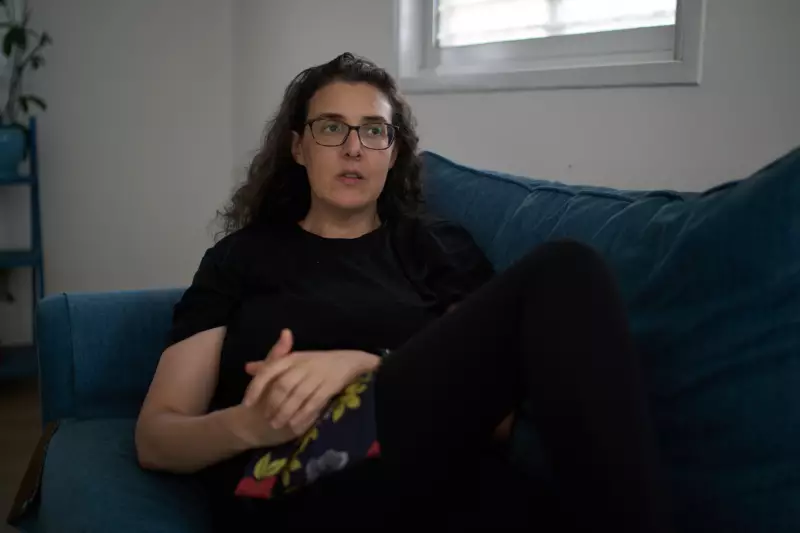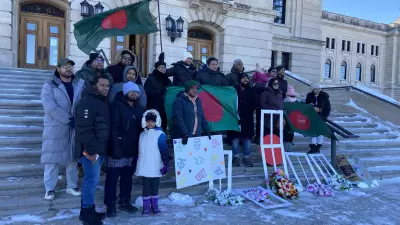
Academic's Nightmare: 30 Months of Captivity in Iraq
Elizabeth Tsurkov, an Israeli-Russian doctoral researcher from Princeton University, has finally broken her silence about the harrowing two and a half years she spent as a captive in Iraq. The academic was kidnapped in 2023 and remained imprisoned until her dramatic release in September 2025.
In her first public interview since gaining freedom, Tsurkov spoke from Ramat Gan, Israel, on November 6, 2025, expressing profound gratitude for simply being alive. Her captivity lasted approximately 30 months, during which she endured what she describes as brutal torture at the hands of her captors.
The Journey from Princeton to Prison
Tsurkov's case represents a complex international situation, given her dual citizenship and academic background. As a doctoral candidate at one of America's most prestigious universities, her research work had taken her to Iraq, where she ultimately fell victim to kidnapping.
The researcher's ordeal began in 2023 when she was taken captive while conducting fieldwork. Her release finally came in September 2025, marking the end of a grueling period that tested both her physical and mental endurance.
Survival and Gratitude After Trauma
Despite the brutal treatment she endured during her imprisonment, Tsurkov maintains a remarkable perspective focused on survival and gratitude. Her ability to emerge from such traumatic circumstances speaks to incredible personal resilience.
The case has drawn international attention, highlighting the dangers faced by researchers conducting fieldwork in volatile regions. Tsurkov's dual citizenship added layers of diplomatic complexity to efforts aimed at securing her release.
As she begins the process of rebuilding her life and academic career, Tsurkov's story serves as a powerful testament to human endurance in the face of extreme adversity. Her experience underscores the very real risks that scholars sometimes face in pursuit of knowledge and understanding in conflict zones.






